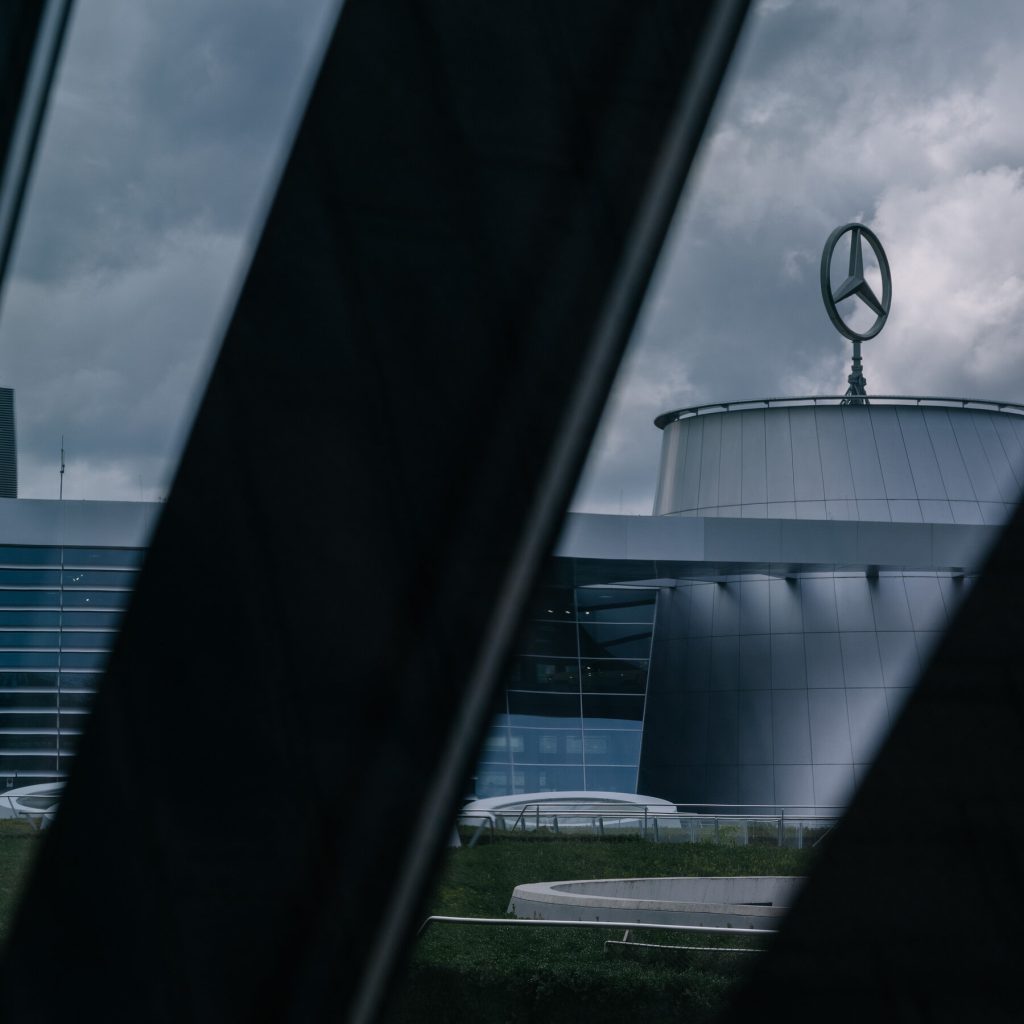How Trade Tensions Sent Automakers Scrambling for Chips

The ongoing trade tensions between global powers have sent shockwaves through the automotive industry, forcing carmakers and their suppliers to scramble for alternative sources of crucial semiconductor chips. A Chinese-owned company in the Netherlands, Nexperia, found itself caught in the crossfire, highlighting the vulnerabilities of European supply chains.
The scramble for chips began when Nexperia, which was acquired by Chinese conglomerate Wingtech in 2016, faced difficulties due to the escalating trade tensions. As a result, several major automakers, including Volkswagen, BMW, and Tesla, were left facing potential shortages of essential semiconductor components. These chips are vital for the production of modern vehicles, controlling everything from engine management systems to advanced safety features and infotainment systems.
In response to the supply chain disruption, carmakers and their suppliers have been frantically piecing together new supply chains to ensure a steady flow of critical components. This has involved identifying and securing alternative sources of semiconductor chips, often through partnerships with other suppliers or by developing in-house production capabilities.
The crisis has exposed the fragility of European supply chains, which have become increasingly intertwined with global trade. The Netherlands, in particular, has emerged as a critical hub for the production of semiconductor components, with many major suppliers maintaining operations in the country.
Industry experts warn that the current situation may be just the tip of the iceberg, as trade tensions continue to escalate and global supply chains face growing uncertainty. As a result, automakers and their suppliers are likely to invest heavily in diversifying their supply chains and developing more robust contingency plans to mitigate the risks associated with future disruptions.
The experience has also highlighted the need for greater investment in domestic production capabilities, particularly in Europe, to reduce reliance on international suppliers and enhance the resilience of regional supply chains. As the global automotive industry continues to evolve, one thing is clear: the ability to adapt and respond to changing market conditions will be crucial for survival.


